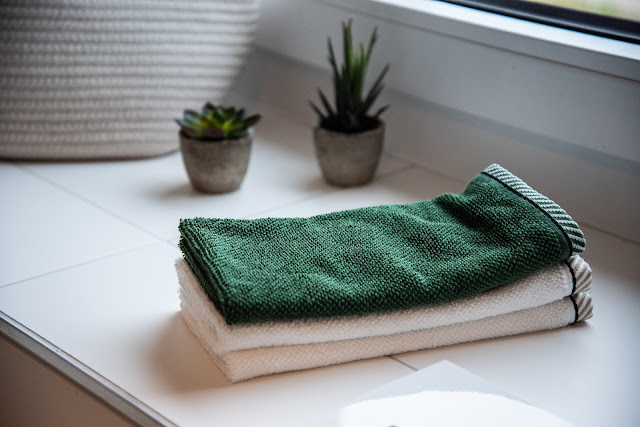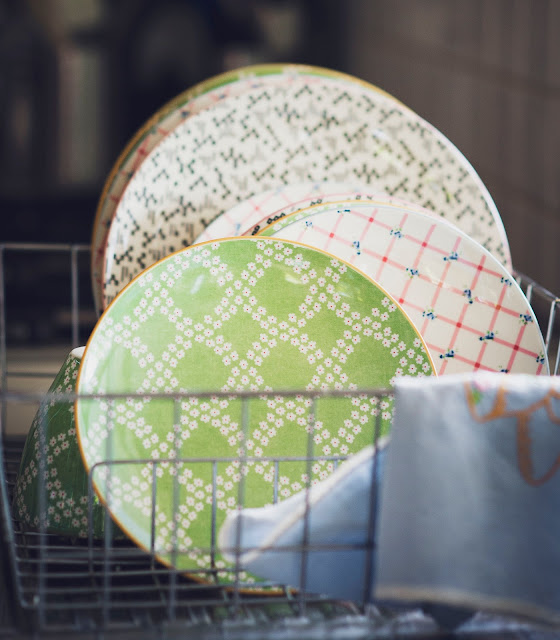Don't Drown in Paper

Decades ago, everyone talked about a "paperless future." Now we have many digital options, yet paper still flows ceaselessly into our lives. It enters our homes daily in the mail, inside packages, from school, as business cards and takeout menus, concert fliers and free community newspapers. If you don't deal with it, you'll drown in it. When you began decluttering, you probably noticed the paper problem very quickly. Were there piles of paper in the kitchen, on the dining table, on your desk, and in your kids' backpacks? When you create a system that lets you keep up with the flow of paper, your visible clutter decreases . Dealing with paper efficiently is a useful tool in maintaining your clutter-free home. 6 steps to tame the paper tiger 1. Clear the kitchen counters. Declutter those extra mugs, bowls, utensils, and the appliances you never use. Then put the things you do use regularly into your kitchen cupboards and drawers, near...






